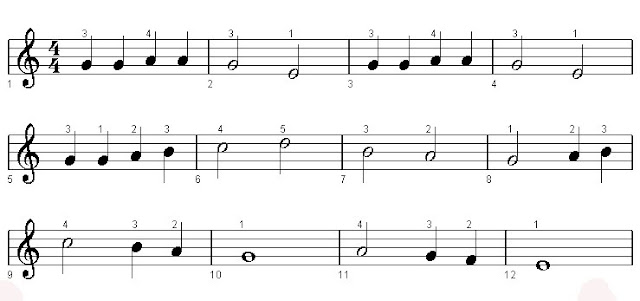Appropriatness
What we teach as appropriate English in certain situations: for example, the distinction between the language of the presentation and the bar-room. The essence of what Fairclough (1992) is saying is that it isn't that simple in a complex culture, and that "appropriateness" is an example of hegemonic (per my old mate Gramsci) language control, liable to be a scene of conflict (per Foucault).
The down and dirty of this for TEFL is to equip learners to use Standard English when they need to, but let them be aware of their power to use other varieties. So, for example, whilst one could use Tyneside English when addressing a London based academic conference, say, that could be seen as provocative by some of one's auditors and provocation may not be one's aim on this particular occasion - so it'll be handy to have Standard English in one's repertoire.
And it might be a good idea to conform to an interviewer's model of "appropriate" discourse if one's object is to get a job and put food on the table.
Which makes me think a bit beyond Fairclough, that expert language users need to know when to engage in, and when to have a respite from, the struggle for hegemony in language.
I'm worried that I'm still dealing in big pictures, though, and the clock's ticking for this bloody mod5 assignment. As it is, I'm going to have to give up my week off to this. The other side of that coin is, this is difficult because nobody seems to have been here before - "here" being a crtical perspective on accents in TEFL materials. So I need to look at the big picture and paint in my own details. I couldn't simply re-hash the literature because there isn't any.
Fairclough, N. (1992) ‘The Appropriacy of “Appropriateness”’ in Fairclough, N.(ed) (1992) Critical Language Awareness. London, Longman. pp 33-56
The down and dirty of this for TEFL is to equip learners to use Standard English when they need to, but let them be aware of their power to use other varieties. So, for example, whilst one could use Tyneside English when addressing a London based academic conference, say, that could be seen as provocative by some of one's auditors and provocation may not be one's aim on this particular occasion - so it'll be handy to have Standard English in one's repertoire.
And it might be a good idea to conform to an interviewer's model of "appropriate" discourse if one's object is to get a job and put food on the table.
Which makes me think a bit beyond Fairclough, that expert language users need to know when to engage in, and when to have a respite from, the struggle for hegemony in language.
I'm worried that I'm still dealing in big pictures, though, and the clock's ticking for this bloody mod5 assignment. As it is, I'm going to have to give up my week off to this. The other side of that coin is, this is difficult because nobody seems to have been here before - "here" being a crtical perspective on accents in TEFL materials. So I need to look at the big picture and paint in my own details. I couldn't simply re-hash the literature because there isn't any.
Fairclough, N. (1992) ‘The Appropriacy of “Appropriateness”’ in Fairclough, N.(ed) (1992) Critical Language Awareness. London, Longman. pp 33-56


Comments
Post a Comment